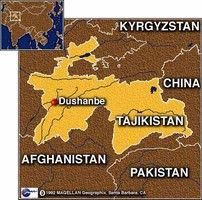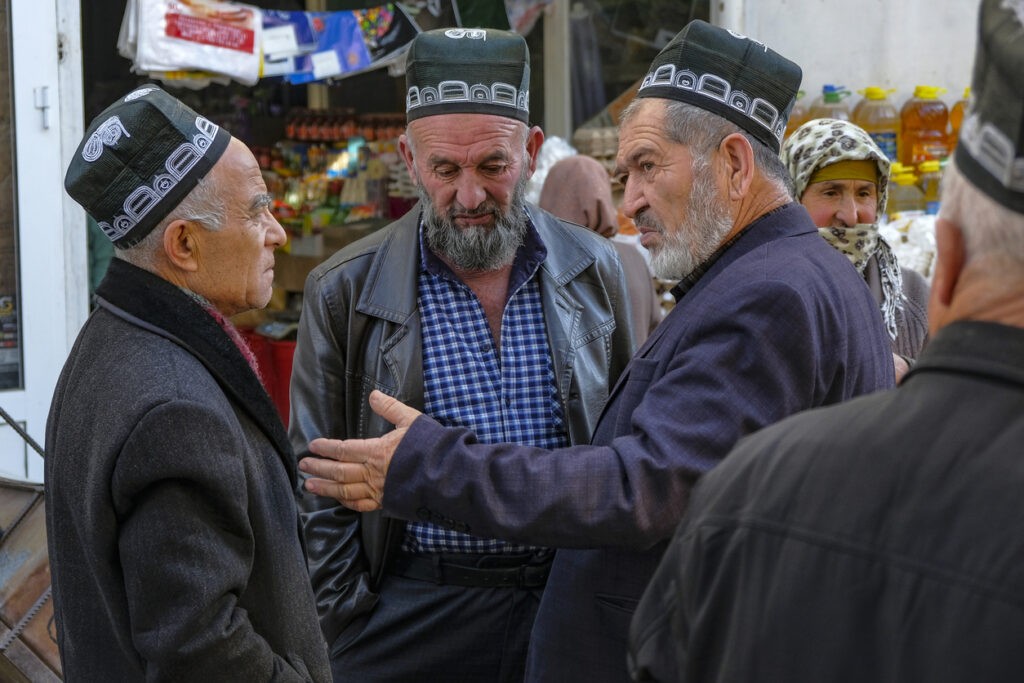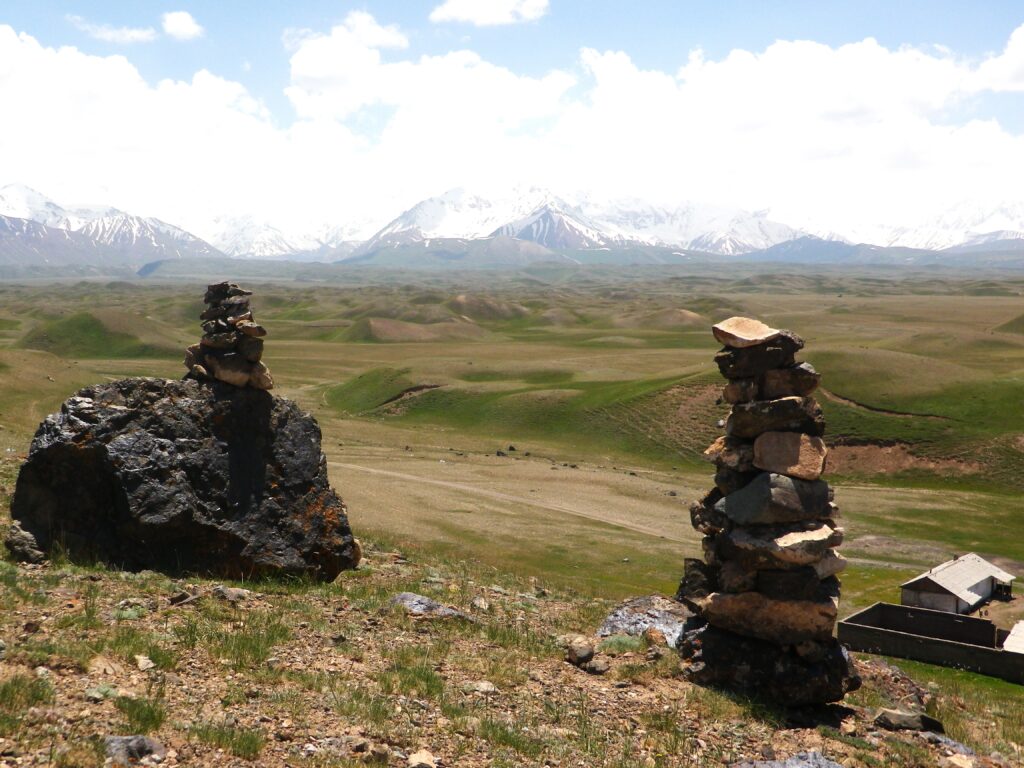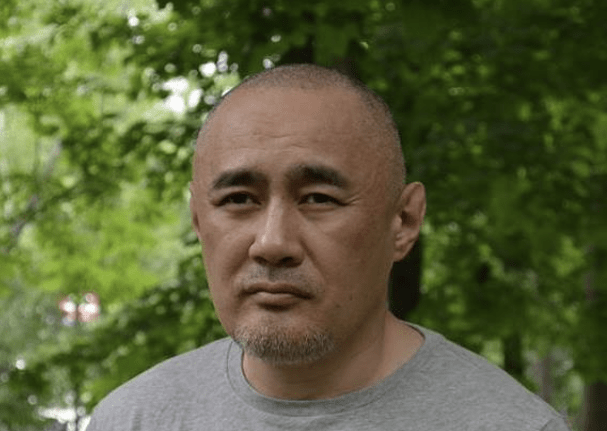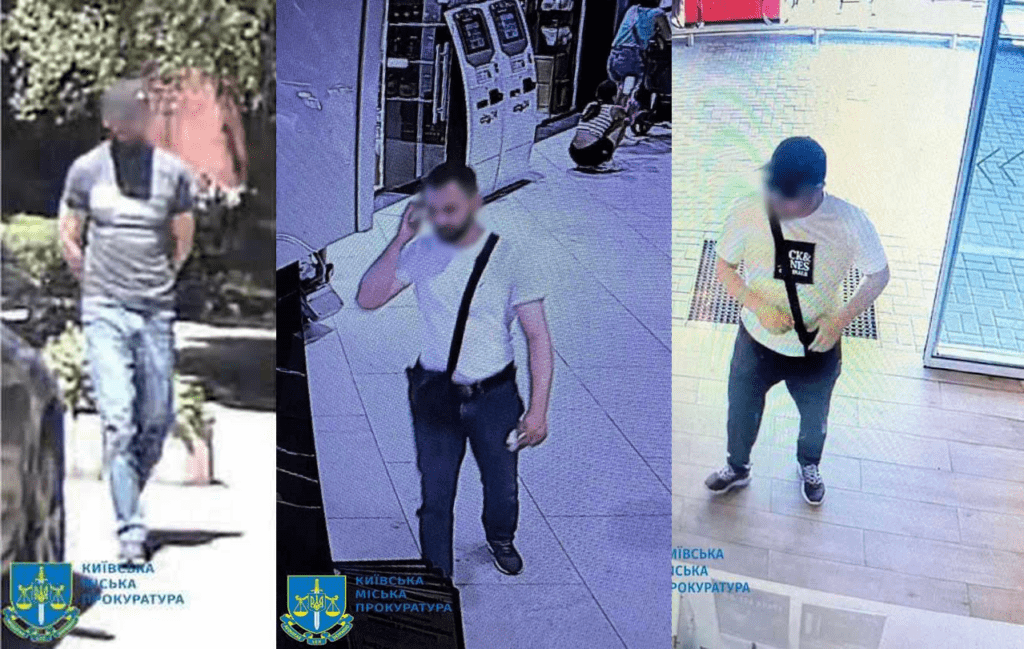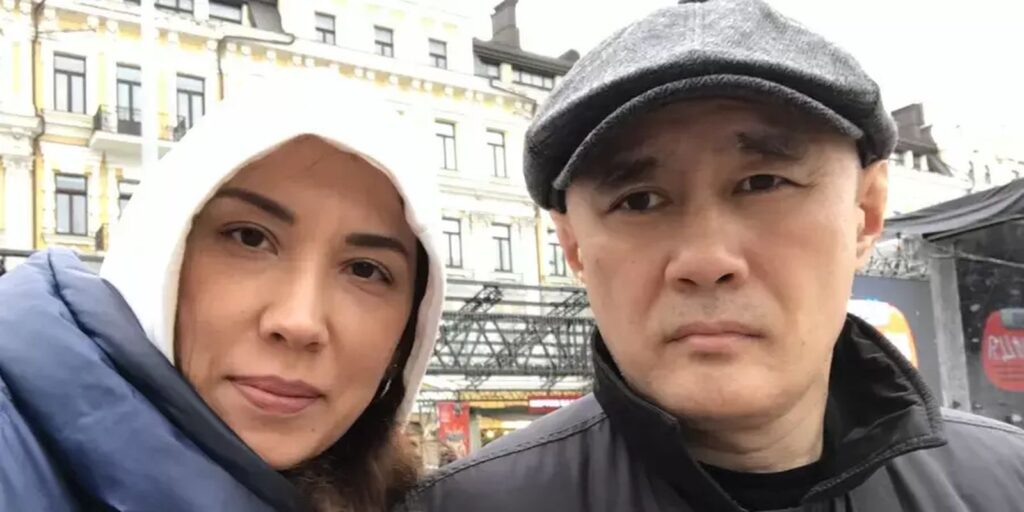DUSHANBE (TCA) — Belarusian authorities have decided not to extradite opposition activist and journalist Farhod Odinaev to his native Tajikistan, where he is wanted for alleged membership in a banned organization and supporting extremism, RFE/RL’s Tajik Service reported.
The Belarusian human rights organization Human Constanta said on November 5 that the Prosecutor-General’s Office had rejected a request by Tajik authorities to extradite the 42-year-old Odinaev.
Nasta Loyka of Human Constanta told RFE/RL that Odinaev will most likely be sent to Russia, the country from which he arrived to Belarus.
Odinaev was detained by Belarusian migration authorities at Tajikistan’s request on September 25 while on his way to the Polish capital, Warsaw, to attend a human rights conference.
Human Constanta said in October that Odinaev risked torture or other ill-treatment if extradited to Tajikistan.
Odinaev, who holds Tajik and Russian passports, used to belong to the banned Islamic Renaissance Party of Tajikistan (IRPT) and for several months in 2013 led Safo TV, an opposition television channel based in Moscow.
The channel was shut down by Russian authorities the same year.
The IRPT, long an influential party with representatives in the government and parliament, was labeled an extremist and terrorist group and banned in 2015 — moves the party and human rights groups say were unjustified and politically motivated.
Dozens of IRPT officials and supporters have been prosecuted and many of them imprisoned, drawing further criticism of President Emomali Rahmon’s government from rights groups.
Activists say Rahmon, who has ruled Tajikistan since 1992, has used the security forces and other levers of power to sideline opponents and suppress dissent.
Eleven international human rights groups had urged the Belarusian authorities not to extradite Odinaev to Tajikistan.
